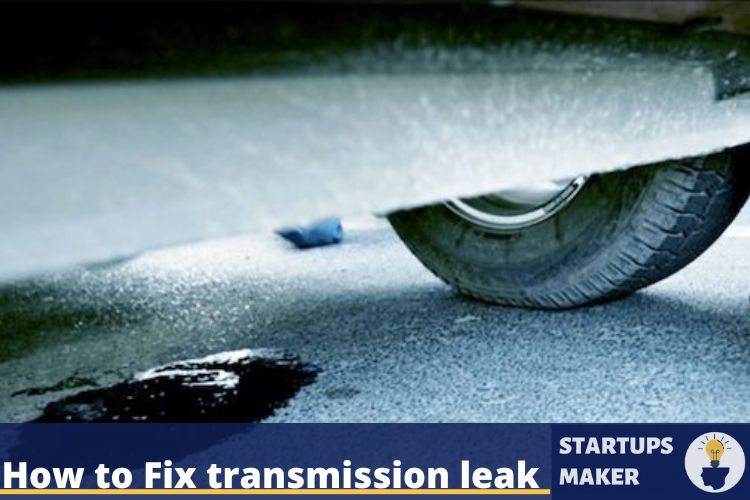A transmission leak, seemingly insignificant at first glance, can rapidly escalate into a costly problem. This essential automotive component is responsible for transmitting power from the engine to the wheels, ensuring a smooth and reliable driving experience. However, when this tightly sealed system sustains a breach, the transmission fluid—its lifeblood—begins to escape, putting the entire system at risk. Fixing a transmission leak is a task that requires immediate attention and can involve substantial expenses. This comprehensive guide delves into the intricacies of transmission repairs, providing invaluable insights into the factors that influence the overall cost.

Image: motorvehiclehq.com
Factors Influencing Repair Costs
Repairing a transmission leak is not a one-size-fits-all endeavor; the expenses can vary widely depending on several key factors:
-
Leak Severity: The extent of the leak significantly impacts repair costs. Minor leaks can be sealed with a simple gasket replacement, while severe leaks may necessitate extensive transmission overhauls or replacements.
-
Transmission Type: Different transmission types have varying designs and complexities, which can influence repair costs. Manual transmissions tend to be less expensive to fix compared to automatic transmissions, which are more technologically advanced.
-
Vehicle Make and Model: The make and model of the vehicle also play a role in determining repair costs. Luxury or high-performance vehicles often require specialized parts and labor, making repairs more expensive.
-
Location: Labor rates for mechanics vary across different regions, affecting the overall cost of repairs. Additionally, the availability of specialized transmission repair shops in a particular area can influence pricing.
-
Part Availability: The availability of replacement parts can also impact repair costs. If specific components are difficult to source, this can lead to extended wait times and higher expenses.
Average Repair Costs
Understanding the range of possible expenses is crucial for budgeting purposes. The average cost to fix a transmission leak can fall anywhere between $200 and $3,000, with some complex repairs exceeding $6,000.
-
Minor Leaks: Minor leaks, such as those caused by loose bolts or worn gaskets, can be repaired for $200 to $400, including labor and parts.
-
Intermediate Leaks: Leaks that require more extensive work, such as replacing seals or hoses, typically range from $400 to $1,000.
-
Major Leaks: Severe leaks often indicate internal damage within the transmission. Repairs can involve rebuilding the transmission or even a complete replacement, costing anywhere from $1,500 to $6,000 or more.
Prevention: A Wise Investment
Preventing transmission leaks is far more cost-effective than costly repairs. Here are some proactive steps to safeguard your transmission:
-
Regular Fluid Changes: Adhering to the recommended transmission fluid change intervals is essential for maintaining optimal fluid levels and preventing leaks.
-
Inspect for Leaks: Regularly check for any signs of transmission leaks, such as fluid drips or stains under the vehicle. Promptly address any suspected leaks.
-
Avoid Overheating: Overheating can weaken transmission seals and lead to leaks. Avoid towing heavy loads or engaging in excessive acceleration that could strain the transmission.

Image: startupsmaker.com
How Much To Fix A Transmission Leak
Conclusion
Transmission leaks, if left unattended, can lead to catastrophic consequences for your vehicle. Understanding the factors that impact repair costs and the importance of preventive maintenance can empower you to make informed decisions. By promptly addressing leaks and adhering to regular service, you can extend the lifespan of your transmission and avoid costly repairs down the road. Remember, a well-maintained transmission is the key to a reliable and enjoyable driving experience.